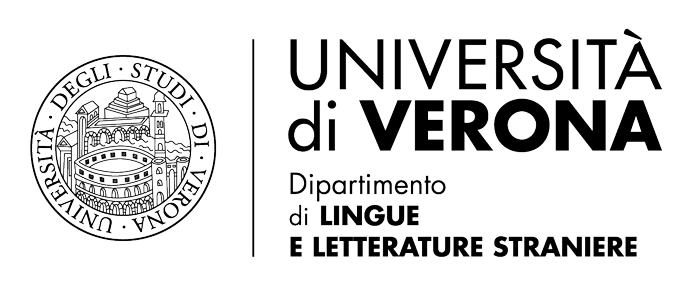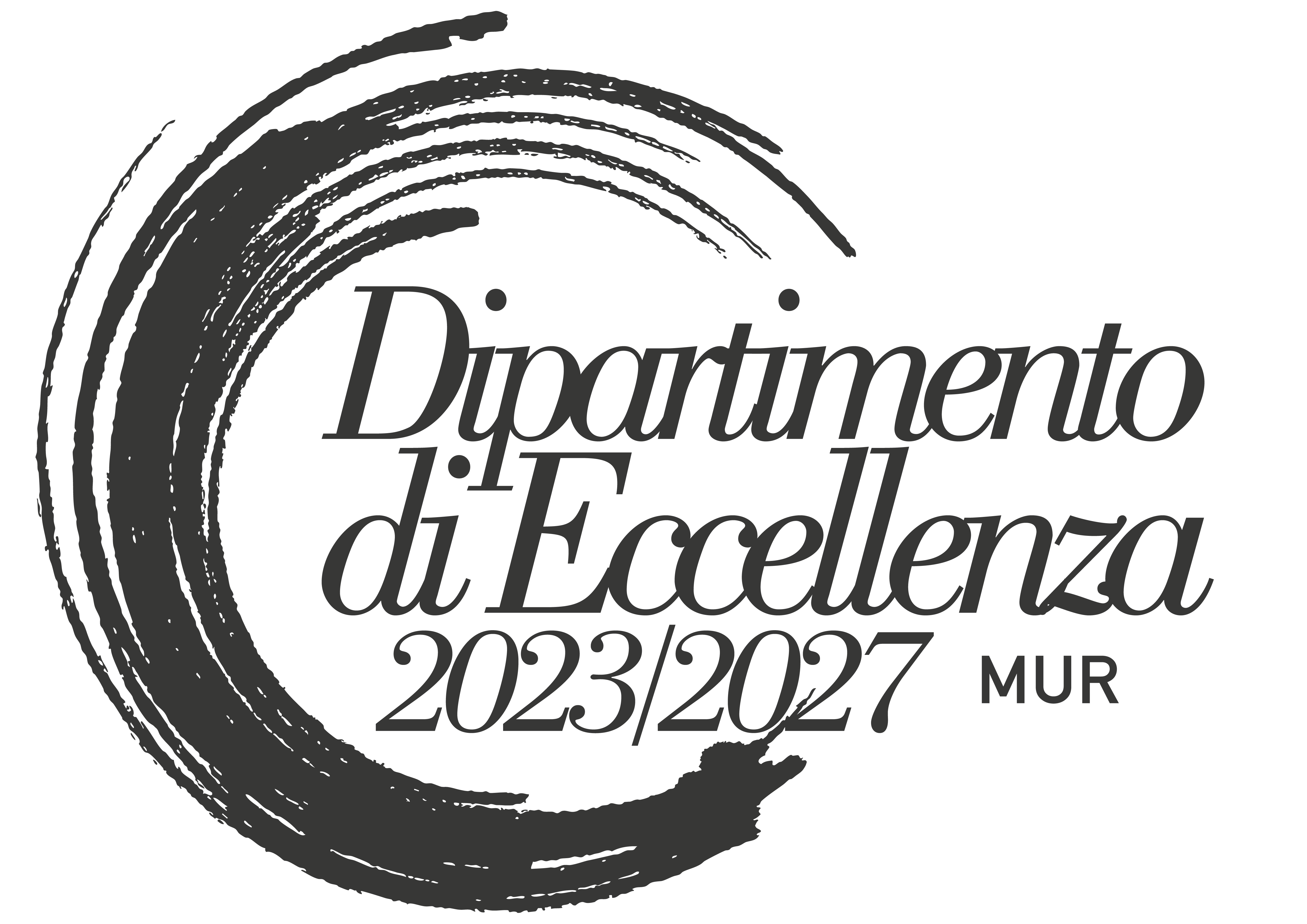The project endeavours to contribute to research and practice that increase our capacity for literature’s more conscious application to mitigating social challenges and promoting social inclusion. It aims to add a further perspective to understanding if and how literary reading can support disadvantaged sectors of society, leading to improved life satisfaction and wellbeing, and ultimately reducing health and happiness inequalities. Research shows that wellbeing is influenced by various interconnected factors, including those often dictated by our choices, such as education, employment, housing, and health. Our relationships and the media, our augmented environment, have a big impact on our identity, beliefs and attitudes – and hence such life choices. Since media industries often propel insecurity, social division, consumerism and addictive behaviours and one’s environment may imbed limiting beliefs and conformism, mitigating such disempowering influences is a critical step.
Empirical studies are exploring health, wellbeing and psychological effects of literature and show that literary reading can stimulate modifications in worldview, mentalising ability (Theory of Mind) and self-understanding, helping create an openness to self-alteration and personality trait modification. This may suggest literature’s potential to foster also empowerment which can be defined as an expansion of freedom of choice and action by increasing one’s authority over decisions that affect one’s life.
The project seeks to arrive at a set of five literary works of prose and five meaningful prose excerpts that may help enhance readers’ perception of disempowering influences in their environment and foster empowerment to help counter their effects. It also aims to develop an interdisciplinary methodological tool to measure for such effects and test it empirically on diverse groups of readers.
Group leaders: Chiara Battisti and Massimo Salgaro
Internal members:
- Anja Meyer
External members:
- Krystyna Wieszczek
Actions: WP 1.1; WP 1.3
References:
Billington, Josie. 2020. Is Literature Healthy?. Oxford UP.
Kuiken, Don et al. 2004. ‘Locating Self-Modifying Feelings Within Literary Reading’. In Discourse Processes 38 (2), 267-86.
Scientific Study of Literature (SSOL) 6 (1). 2016.
Usherwood, Bob, and Jackie Toyne. 2002. ‘Value and Impact of Reading Imaginative Literature’, Librarianship and Information Science 34 (1).


